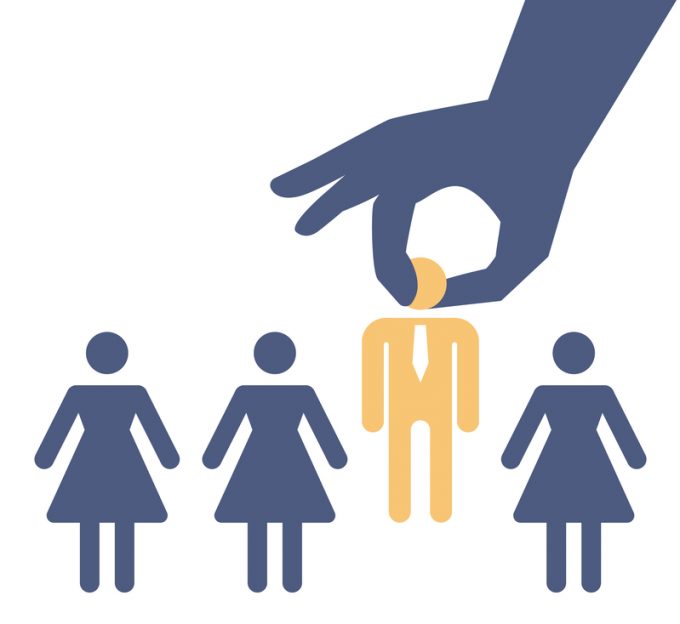Air cargo shifts capacity to where the money is as holiday season begins
Airlines are shifting capacity to Asia Pacific-North America as disruption from China’s forthcoming Golden Week ...

Parental leave policy, work-life balance and family-friendly workplaces are all crucial topics that should be explored at conferences, in particular as the air cargo industry struggles with recruitment in a tight labour market. And these topics were indeed covered at this week’s informative, fun and busy CNS Partnership conference in Miami.
What was less clear cut was why all those topics were discussed solely by women, on a ‘Women in Air Cargo’ panel.
Sponsored by Cathay Cargo, the four-woman line-up from the ...
'Disastrous' DSV-Schenker merger would 'disrupt European haulage market'
New senior management for DSV as it readies for DB Schenker takeover
Volumes set to 'fall off a cliff' as US firms hit the brakes on sourcing and bookings
Asian exporters scramble for ships and boxes to beat 90-day tariff pause
Amazon pushes into LTL for small package fulfilment and UPS does a u-turn
Temporary tariff relief brings on early transpacific peak season
Pre-tariff rush of goods from US to China sees air rates soar, but not for long
Forwarders 'allowing the fox into the chicken run' by supporting 'hungry' carriers

Comment on this article